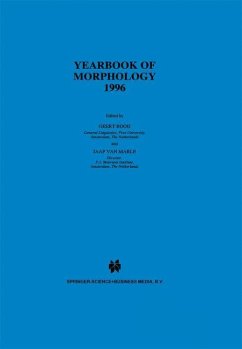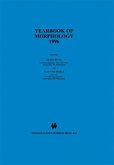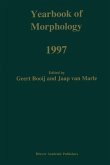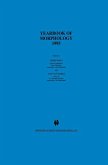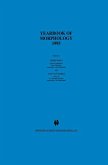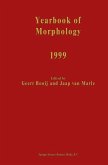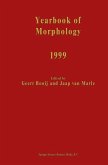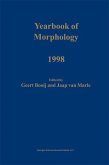A revival of interest in morphology has occurred during recent years. Since 1988, the Yearbook of Morphology book series has proven to be an eminent platform for the growth of morphological research, containing articles on topics that are central in the current theoretical debates.
The Yearbook of Morphology 1996 focuses on the relationship between morphology and psycholinguistics. Basic questions such as the following are discussed. To what extent does the morphological structure of a word play a role in its perception and production? Are regular complex words created anew each time they are used, or are they stored in the lexicon? The relevant evidence comes from a variety of European languages. Another important theme in this yearbook is the degree of autonomy of morphology: in which respect does it differ from other modules of the grammar? The present yearbook also contains articles on periphrasis, the nature of inflectional morphology and syncretism in derivational morphology.
Audience: Theoretical and historical linguists, morphologists, phonologists and psycholinguists will find this book of interest.
The Yearbook of Morphology 1996 focuses on the relationship between morphology and psycholinguistics. Basic questions such as the following are discussed. To what extent does the morphological structure of a word play a role in its perception and production? Are regular complex words created anew each time they are used, or are they stored in the lexicon? The relevant evidence comes from a variety of European languages. Another important theme in this yearbook is the degree of autonomy of morphology: in which respect does it differ from other modules of the grammar? The present yearbook also contains articles on periphrasis, the nature of inflectional morphology and syncretism in derivational morphology.
Audience: Theoretical and historical linguists, morphologists, phonologists and psycholinguists will find this book of interest.

